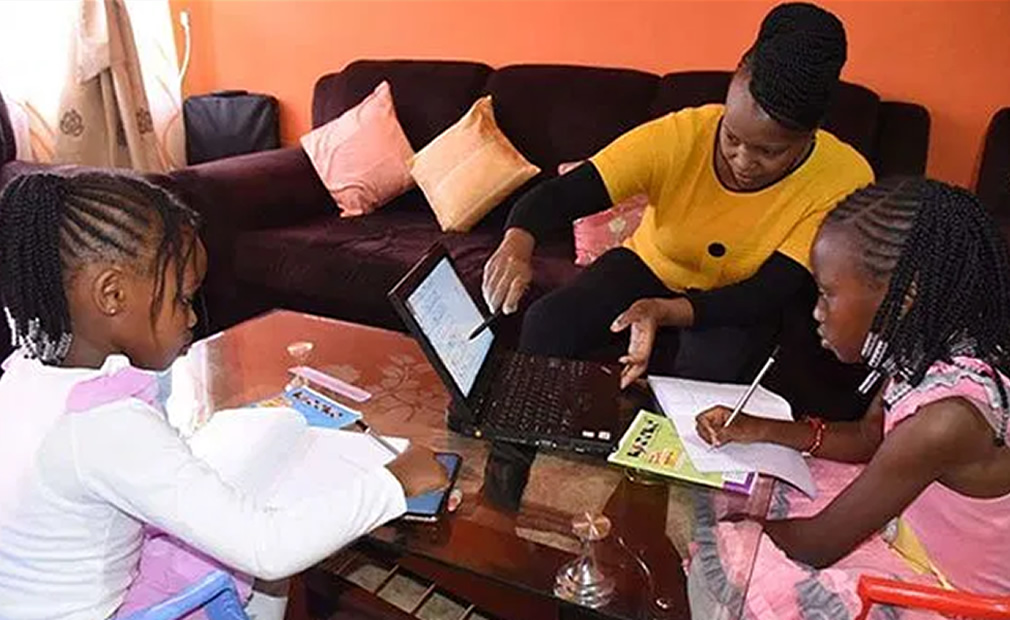“What families are experiencing right now is not authentic homeschooling but crisis schooling”.
Most homeschoolers will tell you that they spend more of their time outside their homes than inside with the people and traveling to places and generally learning things of their community among others. With social distancing or rather physical distancing, all of us are separated from those community networks, mentors, classes, friends, libraries, museums, and so on.
Until the Covid-19 pandemic caused schools to be closed, only a minority of children in Uganda were taught at home. I doubt the Ugandan Ministry of Education and Sports (MOES) even has data of children schooled at home.
Parents now suddenly find themselves working and learning alongside their children. While this is far from being ideal, it is providing opportunities one of which is nurturing family relationships.
I suggest that parents avoid replicating school at home and instead use this time to encourage their children to explore their passions and discover new ideas, using the vast network of free, online resources.
If parents feel that they need to stick to a schooled routine and be the curriculum enforcer in their households, it could lead to mounting stress and frustration during a time when parents should be focused on trying to minimize family stress and maximize health and wellbeing.
During this time at home, parents may also see that their children are discovering new talents, reading books that are meaningful to them, initiating practical projects, and possibly rekindling a love of learning that may have been lost through forced schooling.
It is possible that some of these families may choose to optout of formal schooling altogether, inspired by the learning, growth, and reignited curiosity they witness in their children during this time at home.
The Covid-19 crisis, while terrible overall, may be a natural that disrupts institutional control, empowers families, and a revelation that children can be educated without being formally being in our normal schools.
Lastly, while parents are figuring out how to teach their children usual subjects like mathematics, literacy, social studies, science and the like while also juggling other commitments, they should not forget to impart life skills.
There are also matters that are not taught well in schools that are critical for sustainable development for example issues of environmental integrity. Climate change is real but somehow teachers and adults generally think it is not very important.
As we deal with the current crisis – which is also having its own effects on the environment – there is perhaps no better time to think about how to avoid the next, potentially even greater one – the climate change crisis.
Studies have found out that parents play a crucial role in helping children cope with climate change and thereby shifting from being victims to change agents.
If you are homeschooling because of coronavirus, you probably have your hands full getting through the day. But engaging positively with the subject of climate change is a way for you to teach science, geography and other key subjects while shaping a more just, sustainable world after Covid-19.
Dr Katusiimeh is an associate professor – Governance & Dean Faculty of Arts & Social Sciences Kabale University.
mmkatusiimeh@kab.ac.ug

















